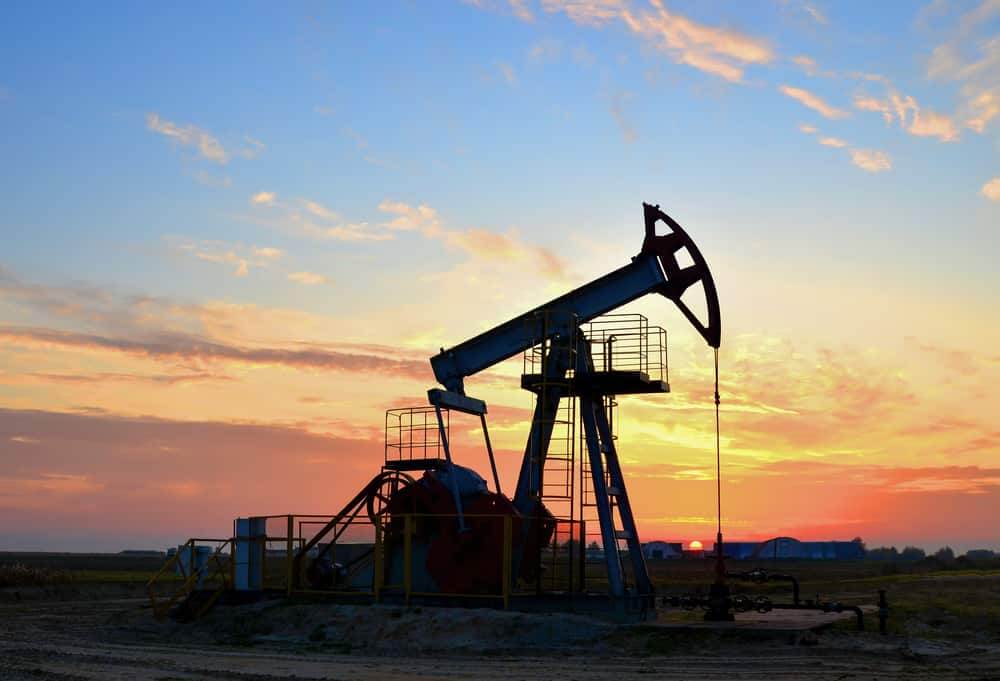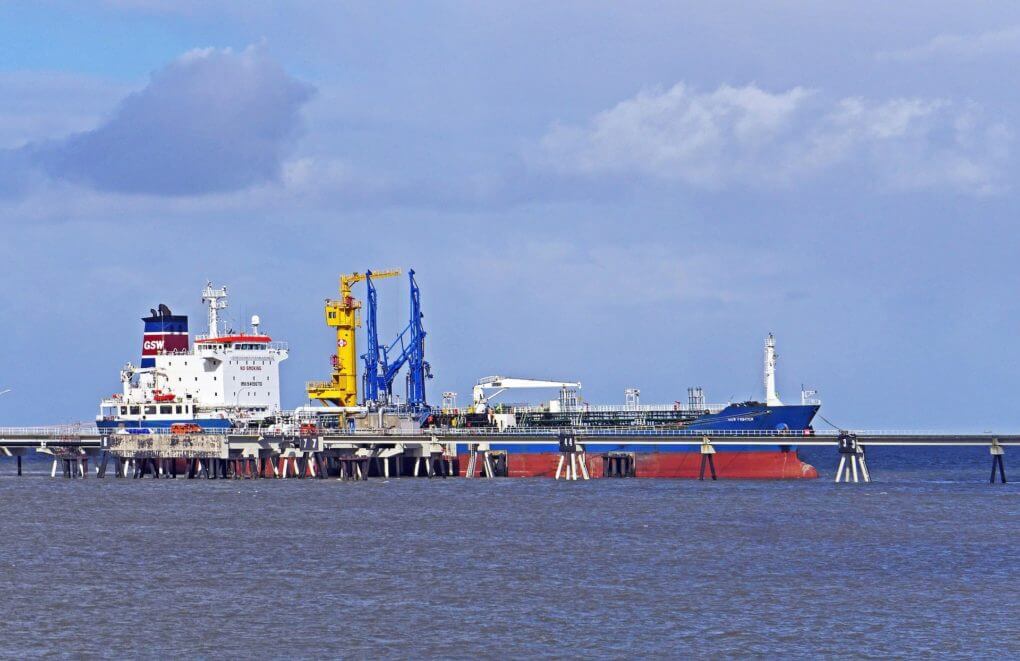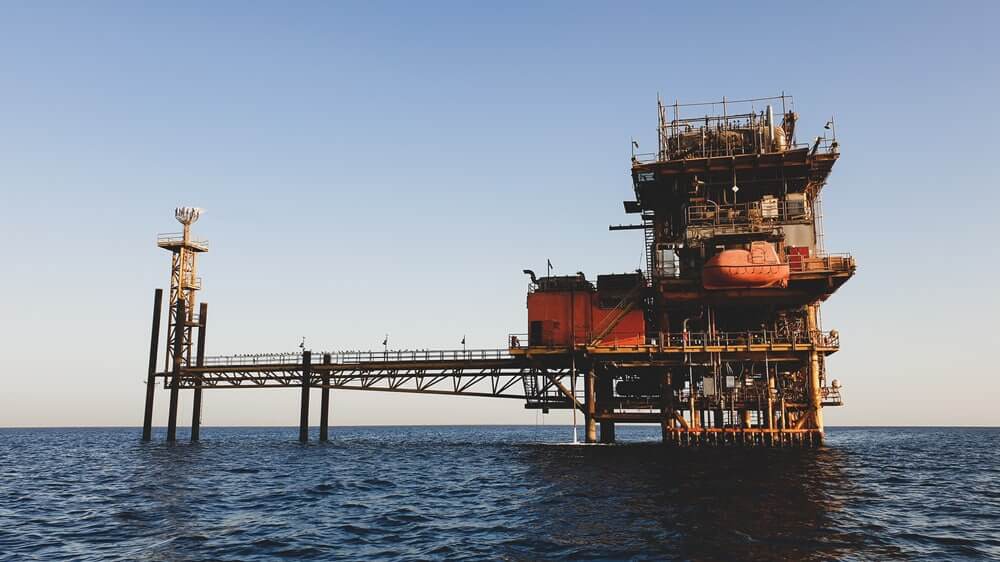
OPEC+ agrees to slight output reduction, oil price rise
Oil prices rose nearly 3% on Monday as OPEC+ members agreed to a small output cut of 100,111 barrels per day to sustain prices.
Brent crude futures settled $2.72 higher at $95.74 a barrel in November, up 2.92 percent.
Prices had climbed by over $4 during the session before the White House’s remarks that US President Joe Biden was committed to doing all necessary steps to boost energy supplies and minimize costs.
During the US Labor Day holiday, US crude rose $2 to $87.78 per barrel, up 2.4 percent from the previous session. The 100,000 barrels per day (BPD) decrease by OPEC and its allies, known as OPEC+, represents only 0.1 percent of global consumption. The group also agreed to fulfill at any point before the next meeting on October 5 to change manufacturing.

China’s crude oil imports in August fell
According to customs statistics released on Wednesday, China’s crude oil imports decreased 9.4% year on year in August as outages at state-run refineries and lower operations at independent plants due to low margins curtailed purchases.
According to the General Administration of Customs figures, the world’s top crude importer hauled 40.36 mill tonnes of oil last month, equivalent to nearly 9.4 million daily barrels (BPD).
This compares to 8.79 million barrels per day in July and 10.49 million barrels per day in August 2021.
Imports totaled 330.18 million tonnes, or around 9.92 million BPD, down 4.7% from last year, as extended COVID-19 limitations hampered gasoline demand. Independent facilities in Shandong province’s refining hub worked at slightly under 65% capacity in August, down from almost 70% in July, due to plant overhauls and weaker profit margins, according to Chinese commodities consultant JLC ahead of the data release.
While predicting a rebound in second-half fuel demand, refining behemoth Sinopec Corp projected its crude throughput from June to December to stay steady compared to the first half of 2022.

Russia cut off gas supplies to Europe
Europe has been plunged into its worst energy crisis in decades, with Russian natural gas supplies becoming volatile and unpredictable even before the invasion of Ukraine began. Those stocks are now completely depleted.
Russia maintains that the West’s punishing economic sanctions are to blame for the prolonged stop in gas shipments via Europe’s main pipeline.
Such words, coming directly from the Kremlin, are the clearest sign yet that Russia is attempting to pressure Europe to relax the economic sanctions imposed to punish Russia for its unprovoked invasion of Ukraine for the taps to be turned back on ahead of winter.
European politicians have regularly accused Russia, the EU’s primary energy supplier, of weaponizing energy exports to raise commodity prices and spread instability across the 27-nation union. Moscow denies that it is using energy as a weapon. While flows were expected to resume in three days, Gazprom announced Friday that the pipeline would be shut down indefinitely owing to an oil spill.
In what energy analysts perceive as a further escalation of Russia’s attempt to inflict economic agony on the area, the Kremlin has subsequently stated that the restart of gas supplies to Europe is entirely dependent on Europe easing its economic sanctions against Moscow. In recent months, Russia has severely curtailed gas supplies to Europe, with flows through the pipeline functioning at only 20% of the agreed-upon volume before the indefinite stoppage. Policymakers across Europe are scrambling to secure subterranean gas sources to have enough fuel to keep households warm during winter.




